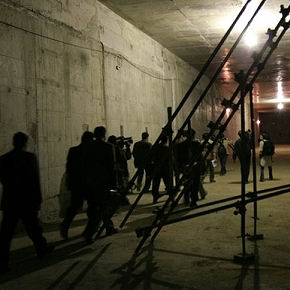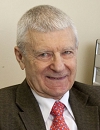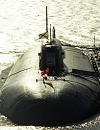 |
||
|
Russia to Build Nuclear Space Engine by 2017 RIA Novosti, PUBLISHED April 02, 2012 A Russian Megawatt-class nuclear propulsion system for long-range manned spacecraft must be ready by 2017, Skolkovo Foundation's Nuclear Cluster head Denis Kovalevich said on Wednesday. Topics: Russia Other news: Bulgaria Abandons Belene Nuclear Plant A natural gas power plant will be built on the site instead. Obama Speaks for World without Nuclear Weapons Obama said "serious sustained global effort" was needed to protect the world from the nuclear terrorism risk. All Ukrainian Uranium to be Removed by Sunday - Kiriyenko This will do away with any fears that highly enriched uranium could have fallen into the wrong hands in Ukraine. |
Hero of the day 
Iran views of its nuclear issue It is difficult to say what will happen next, especially since the international community is split into two opposing camps on this issue. This article will analyze both of them, also taking into account the situation in Tehran. INTERVIEW
Georgy Toshinsky OPINION
Konstantin Bogdanov |

